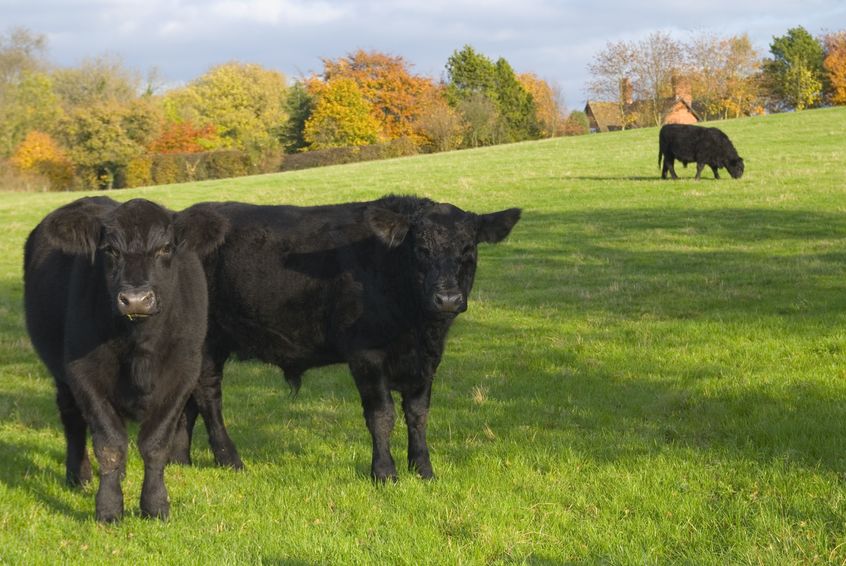
The introduction of a beef DNA traceability system could greatly improve the productivity and profitability of Scotland's herd, according to a report.
Quality Meat Scotland's (QMS) study explored the use of genomic analysis of maternal DNA to guarantee traceability and to predict the performance of offspring.
The project's findings demonstrated that it is feasible to harness the potential of DNA data to develop a programme that is effective and can provide a cost benefit to the national herd.
Participating farmers collected high quality samples from their herds to enable both accurate traceability and a herd development programme.
The samples were then tested by Identigen and analysed by the Moredun Research Institute, alongside animal performance data of each of the beef herds in question.
Bruce McConachie, head of industry development for QMS, said the results revealed that utilising DNA would give the sector a world leading traceability standard and eliminate fraud from the sector.
He added that a DNA traceability system would also improve the saleability of the product through improved consumer confidence.
He said: “The study proved that we can utilise data from sources like BCMS and abattoirs to improve efficiency on farm, by reducing finishing time, improving calving intervals and reducing calf mortality, as well as an improvement in feed conversion and the number of calves per cow.”
Alan Clarke, QMS chief executive, said harnessing DNA information for the benefit of the Scottish beef herd was vital to demonstrate that Scottish producers were 'amongst the best in the world'.
"The introduction of a DNA information programme could underpin the integrity of the Scotch Beef PGI brand through product traceability," he said.
“QMS will be engaging with the Scottish red meat supply chain to share our findings and identify if there is the potential to roll out a national programme across Scotland.”
